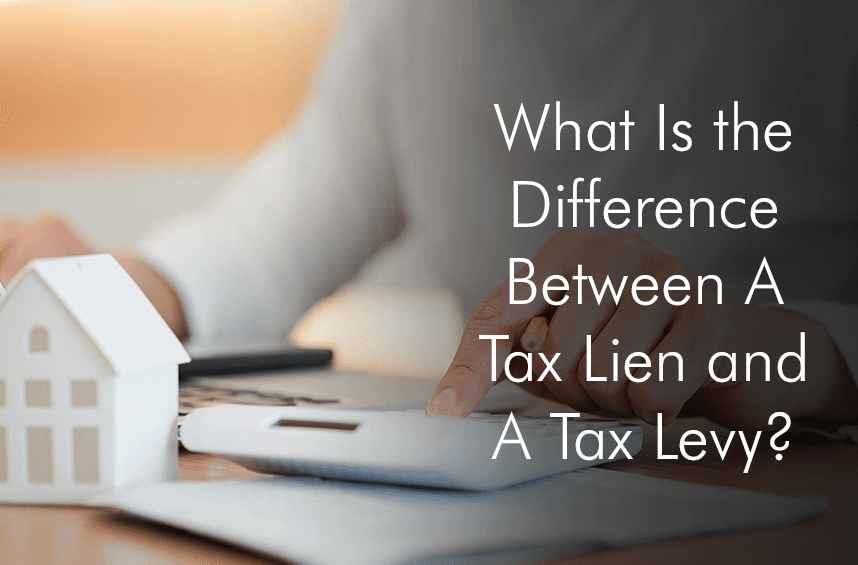All Categories
Featured
Table of Contents
If you have an interest in the tax obligation lien repossession procedure, you ought to speak to an attorney so you comprehend and consider the risks of this kind of investment. - tax lien investing for dummies
Tax obligation lien sales are one manner in which cities and regions try to recover some of the general public dollars they've invested keeping these buildings abandoned by exclusive owners. As we'll discuss in this short article,. When home taxes are thought about overdue, local governments typically concentrate on supplying notice of misbehavior and trying to collect the overdue quantities from the owner.
This process typically takes years - investing in tax liens and deeds. If a proprietor has strolled away and is unwilling to pay tax obligations or maintain the home, the city must spend tax obligation dollars to keep the residential property. These costsboarding up the building, cutting overgrown lawn and weeds, reacting to fire and authorities calls on the building, and moreadd up

Owners who have dropped on difficult times absolutely require every initiative to maintain them out of delinquency and in their homes. Yet typically, if the property is vacant and worn-out, we must assume the proprietor has actually picked to desert their passion in the building which they are "reluctant" to pay (though circumstances previously at the same time might have compelled their hand).
Certificate Investment Lien Tax
Take, for example, a single-family home where the owner has actually time out of mind strolled away. For several years the regional federal government has had to action in and get rid of waste disposed in the lawn, board up the doors and home windows, and react to telephone calls about immoral task on the property. All these solutions cost the regional government taxpayer dollars.
In many states, those expenses can be accumulated in the very same fashion as the overdue taxes, but not in all. In a tax obligation lien sale (or tax obligation certificate sale) the neighborhood government commonly holds a public auction where the winning bidder concurs to pay the most cash for the right to impose the tax obligation lien, starting with a minimal quote of at the very least the tax obligations owned, plus appropriate interest, charges, and prices.

When a government sells the tax obligation lien they are typically selling to a private customer the city government's authority to accumulate the financial debt for in advance repayment of the taxes owed. The purchaser's purchase usually consists of the capability to make future interest, as well as redeem relevant charges and costs sustained by the buyer, if the property owner pays the tax obligation debt.
This is, essentially, privatization of a core government feature: tax obligation collection. Tax lien sales are especially poor when it pertains to uninhabited, abandoned, and shabby buildings because they extend the duration before a property can be moved right into the hands of a brand-new, more accountable owner. Personal tax lien purchasers hold the financial obligation, but they do not own the titlethe legal right to ownership of the propertyand in numerous instances, they have no rate of interest in getting it.
How To Start Tax Lien Investing
Considering spending plan cuts, city governments in many states have actually minimized in-house real estate tax collection and enforcement efforts and wanted to tax lien sales as a quick infusion of income - tax lien investing books (tax lien certificate investments). Many counties choose or are mandated by the state to offer tax obligation liens due to the fact that it outsources collection and usually generates very required money previously in the collection procedure
By moving the neighborhood federal government's rate of interest in and enforcement of the tax obligation lien to a personal purchaser, city governments shed much of their adaptability: flexibility to acquire vacant residential properties that the private market does not desire, or to assist the proprietor avoid shedding their residential or commercial property. With uninhabited buildings, there is a much higher opportunity that the exclusive buyer isn't thinking about the home itself.
Tax obligation lien sales can trigger damage in traditionally disinvested areas. In a clinically depressed real estate market, less proprietors have the ability to retrieve the quantity of the financial debt sold to a tax obligation lien purchaser. These locations are ripe for a different kind of tax lien investorspeculative proprietors seeking to obtain properties on the cheap by confiscating on the residential or commercial property tax lien, milking what bit equity is left by renting out a low quality residential or commercial property to vulnerable lessees, and after that deserting the residential property when they have actually gained back their investment.

Not all state regulations offer local governments the power to intervene in this cycle. Either means, the building remains vacant and in limbo, all the while imposing considerable costs on its neighbors and taxpayers. It's reasonable that many city governments transform to tax obligation lien sales because they help fund important public services.
If the city government instead markets the building (aka the "tax action"), instead than the tax financial obligation, after that they are in control of what occurs to the property and the enforcement procedure if the owner proceeds to not pay the residential or commercial property tax obligation owed. The government will give the owner a reasonable time to pay back the tax debt, after which the federal government will seize its rate of interest in the tax lien and the owner's right of redemption.
From their beginning, these public auctions were places for financiers to make money with exploitation. In early 20th-century cities, well-known "tax sharks" like Chicago's Jacob Glos and New york city's Charles Wiltsie accumulated lot of money by getting up scores of tax obligation liens on homes, billing their owners expensive amounts to get rid of the lien, or waiting up until the deadline for settlement passed and claiming the action.
Is Tax Lien Investing Profitable

Phone calls to eliminate tax obligation lien sales and overhaul tax misbehavior laws have actually regularly appeared. Typically, they have been available in response to cases of bad, commonly senior house owners who shed their homes to dishonest tax buyers over little tax debts. However with a couple of exemptions, state legislatures have actually stood up to architectural reforms.
Those who have paid off their home loans (mostly senior individuals or individuals that had actually inherited a family members home) need to additionally find the cash to pay home taxes. This explains why 70 percent of the homes marketed at tax lien sales are owned outright. It is well for states to embrace an even more humaneand much more effectivesystem for real estate tax enforcement.
Table of Contents
Latest Posts
Otc Tax Liens
Tax Home For Sale
Tax Sales On Homes
More
Latest Posts
Otc Tax Liens
Tax Home For Sale
Tax Sales On Homes